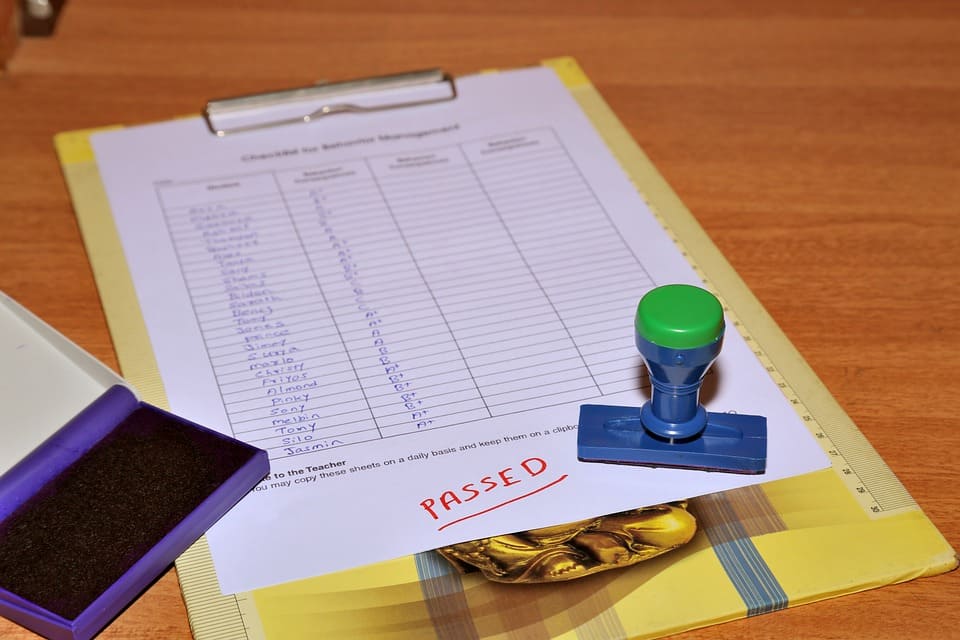Top Colleges in Jaipur-Rajasthan 2025: Maharaj Vinayak Global University - MVGU Complete Guide (Last Date, Cutoff, Placements, Ranking, Process, Criteria, Syllabus)
PhD in Physiology, sometimes known as Doctor of Philosophy in Physiology, is a doctorate physiology course. Physiology tries to understand how discrete components of molecular, cellular, tissue, and organ function connect to overall organism function, as well as how perturbations from the external environment affect these processes.
The program includes a core curriculum designed to provide a fundamental knowledge base in physiology, molecular biology, biochemistry, biostatistics, and current physiology research topics, as well as flexibility for each student to develop an academic and research program based on their individual interests. PhD in Physiology candidates must have a postgraduate degree in a related subject or equivalent with at least 50% aggregate marks.
Such postgraduates are hired in a variety of positions, including Lecturer and Professor, Psychologist, Scientist, Radiology Coder, Psychotherapist, Counselor, Consultant, Teacher, Clinical Psychologist, Psychiatrist, Clinical Social Worker, Art Therapist, Practitioner, Medical Coder, and Research Associate. The typical tuition fee charged for the course in India is between INR 2,000 and 5 Lacs, and the pay of a psychologist depends on a variety of factors such as degree, experience, area of specialization, working environment, and so on. In India, the average annual income for a psychologist ranges between Rs. 2.5 and 3.5 lakhs.
PhD in Physiology Highlights
| Course name | PhD in Physiology |
| Duration | 3 Years |
| Admission mode | Entrance test |
| Eligibility | Master |
| Official website | https://mvgu.ac.in/ |
PhD in Physiology What is it all about?
A PhD in Physiology is intended to prepare students for a successful career in the medical sciences by studying the interrelationships of tissues, cells, and subcellular components. A bachelor's degree in a science-related discipline, qualifying GRE scores, resume submission, and publication of research in a peer-reviewed journal are all required for a PhD in Physiology.
During the program, students learn about the functions of several biological systems. They can also learn fundamental concepts in molecular biology, biostatistics, and biochemistry. Physics, inorganic and organic chemistry, biology, algebra, and calculus are all possible undergraduate prerequisites for physiology PhD in Physiology courses teach students about the chemical processes and functions of humans, animals, and plants.
The syllabus provides students with hands-on laboratory education in cell biology, genetics, and bodily systems and processes, such as the nervous system and other organs. Students will also examine the links between healthy and unhealthy tissues.
The typical PhD in Physiology course subjects include:
Molecular genetics and Cell Biology
Bioinformatics
Neuroscience
Ethics in Science
Biochemistry
PhD in Physiology Admissions Process
The application methods will differ for each university. Most universities will accept both online and offline applications. Applicants can obtain a PhD entrance exam form and prospectus by contacting the university's official address. After correctly completing out the forms, applicants must return them to the University's official website before the deadline. They must also include the necessary credentials indicated in the booklet with the forms.
Candidates are needed to appear for the Admission Selection Process, which includes:
Written entrance exam
Personal interview
Eligibility for a PhD in Physiology
To apply for a PhD in Physiology, a candidate must have a postgraduate degree in a relevant discipline or equivalent with at least 50% aggregate marks.
PhD in Physiology Career Opportunities
The work in psychology is set to end in a few years. Many professional chances will arise in clinics and as school psychologists. Because of the increased need for healthcare services, hospitals, physiology centers, social health administrations, and schools will drive the growth of the psychology sector. With the increase in population, mental and physical difficulties, the demand for clinicians is expanding. There are several divisions available for psychology degree holders. You can work in a variety of psychology departments throughout hospitals.
FAQs
Que Why pursue a PhD in Physiology?
A PhD in Physiology is an advanced degree that prepares students for jobs in research, medicine, or education in this scientific subject.
Que A PhD in Physiology lasts how many years?
Students who have finished an MD or MS degree and are enrolled in a part-time PhD study will have a three-year course duration. However, the sum comparable to a four-year part-time PhD course fee must be paid in equal installments over three years.
Que How many branches are in physiology?
Physiology is organized into five categories: viral, bacterial, plant, human, and cellular. Viral physiology investigates the biological processes and activities of viruses.
Que Who is eligible for a PhD in Physiology?
PhD in Physiology candidates must have a postgraduate degree in a related subject or equivalent with at least 50% aggregate marks.
Que Who is eligible for a full-time PhD?
The PhD entry criteria require completion of a postgraduate degree in a relevant discipline with at least 55% grades. UGC NET, GPAT, JEST, CSIR NET, and GATE are some of the most well-known PhD entrance tests in India, held annually for admission to Ph.D. programs.
Que Is this Maharaj Vinayak Global University - MVGU has this PhD in Physiology?
Yes , this Maharaj Vinayak Global University - MVGU has this PhD in Physiology, for more information about eligibility and entrance exam contact the official website, https://mvgu.ac.in/.





